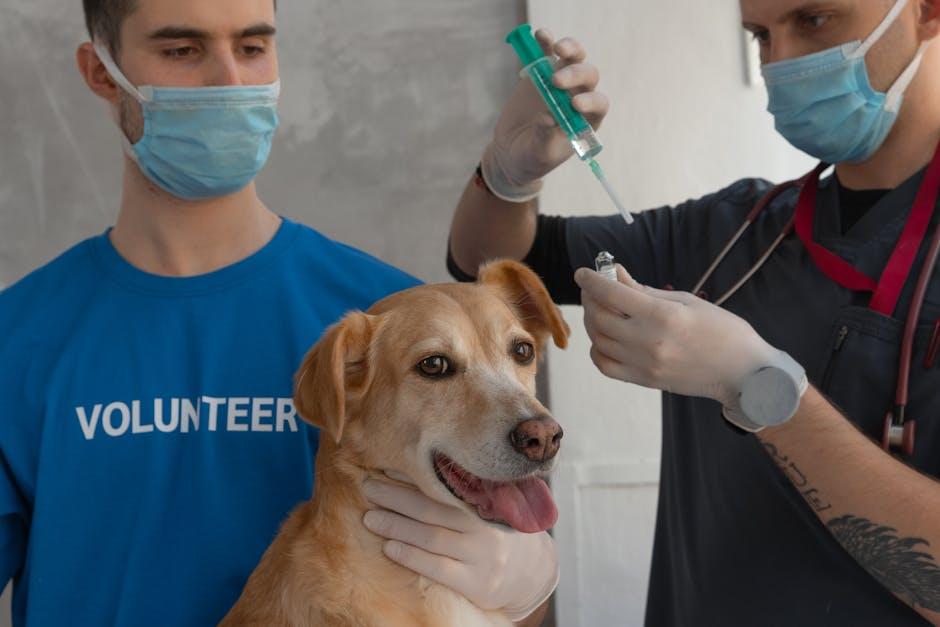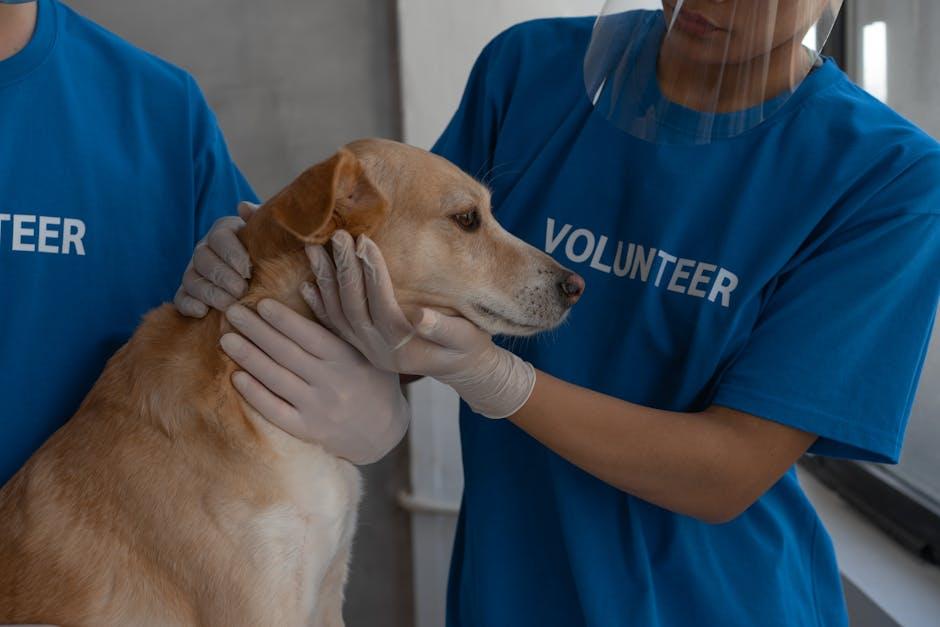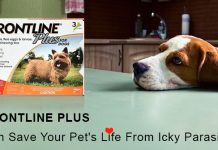Welcoming a new puppy into your home is a heartwarming adventure filled with joy, wagging tails, and endless cuddles. As you embark on this delightful journey, ensuring the health and well-being of your furry friend is paramount. One of the most crucial steps in nurturing a happy, healthy pup is understanding their vaccination needs. “” is here to guide you through this essential aspect of puppy care with warmth and clarity. Whether you’re a first-time pet parent or a seasoned dog lover, this comprehensive guide will provide you with the latest information and practical advice to help protect your puppy from common diseases. Let’s embark on this journey together, ensuring your new companion gets the best start in life.
Choosing the Right Vaccination Schedule for Your New Furry Friend
When it comes to safeguarding your puppy’s health, tailoring the vaccination schedule to their specific needs is essential. Every puppy is unique, and factors such as breed, age, and lifestyle can influence the timing and type of vaccines they require. Consulting with your veterinarian is the first step in crafting a personalized plan that will ensure your furry friend is protected against common canine diseases. Your vet will likely recommend a series of core vaccines, typically administered in stages starting from 6-8 weeks of age, with booster shots following every 3-4 weeks until they are around 16 weeks old.
- Core Vaccines: These are essential for all puppies and include the Distemper, Parvovirus, Adenovirus, and Rabies vaccines.
- Non-core Vaccines: Depending on your puppy’s environment and lifestyle, your vet may suggest additional vaccines, such as Bordetella, Lyme disease, or Canine Influenza.
Keep in mind that staying on top of your puppy’s vaccination schedule not only protects them but also contributes to the overall health of the community by preventing the spread of infectious diseases. Remember, regular check-ups and maintaining an up-to-date vaccination record are key components of responsible pet ownership.

Understanding Core and Non-Core Vaccines for Puppies
When it comes to ensuring the health and safety of your new furry friend, understanding the difference between core and non-core vaccines is crucial. Core vaccines are essential for all puppies, as they protect against diseases that are widespread and pose a severe threat. These typically include vaccinations for canine parvovirus, distemper, canine hepatitis, and rabies. Administering these vaccines helps prevent serious illnesses that can be life-threatening or have long-term health impacts.
On the other hand, non-core vaccines are tailored based on your puppy’s lifestyle, geographical location, and specific risk factors. These may include vaccines for Bordetella (kennel cough), Lyme disease, and leptospirosis. Your veterinarian will guide you on whether these additional vaccines are necessary, considering your puppy’s environment and potential exposure risks. Keep in mind that regular consultations with your vet are vital to ensure your puppy’s vaccination schedule is up-to-date and comprehensive.

Tips for Stress-Free Vet Visits and Puppy Aftercare
Ensuring a smooth and stress-free experience for both you and your puppy during vet visits requires a bit of preparation and mindfulness. Here are some helpful tips to ease the process:
- Acclimate Early: Familiarize your puppy with car rides and the vet’s environment. This can reduce anxiety associated with new experiences.
- Bring Comfort Items: A favorite toy or blanket can provide reassurance and a sense of security in unfamiliar settings.
- Use Positive Reinforcement: Reward your puppy with treats and praise for calm behavior, creating a positive association with the vet visit.
After the visit, puppy aftercare is crucial for a healthy recovery:
- Monitor for Reactions: Keep an eye on your puppy for any signs of discomfort or allergic reactions post-vaccination.
- Provide Rest and Hydration: Ensure your puppy has a quiet space to rest and plenty of water to stay hydrated.
- Maintain a Calm Environment: Limit vigorous play and excitement to help your puppy recuperate comfortably.
















